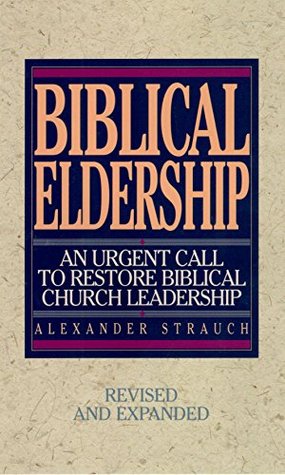More on this book
Community
Kindle Notes & Highlights
Read between
October 1 - October 26, 2020
plurality of leadership allows each shepherd elder to function primarily according to personal giftedness rather than being forced to do everything and then being criticized for not being multigifted.
The Puritans referred to the family household as the “little church.” This perspective is in keeping with the scriptural reasoning that if a man cannot shepherd his family, he can’t shepherd the extended family of the church.
the shepherding task can’t be done by someone who views spiritual care as an unwanted obligation.
true greatness is not achieved by striving for prominence over others or by grasping for power, but by exhibiting a humble, self-effacing attitude of service to all—even to the most lowly people.
The New Testament records evidence of pastoral oversight by a council of elders in nearly all the first churches.
Timothy was not a local church pastor in the traditional sense of the term. He was primarily—like Titus, Erastus, and Tychicus—an apostolic delegate.
it may not matter much whether selection of elders is by church planters, the existing elders, or the congregation as a whole, so long as all are certain that the outcome is the choice of God.4
Children must submit to imperfect parents, wives to difficult husbands, and employees to demanding employers. Likewise, the congregation is required to submit to and obey its elders, even if the elders have weaknesses and faults.
Christ’s presence is with the whole congregation, not just the elders.
Elders who understand the sacred nature and dynamic energy of the Spirit-empowered congregation know the necessity of congregational participation in all major decisions.


